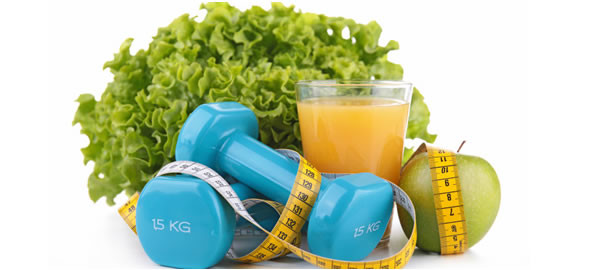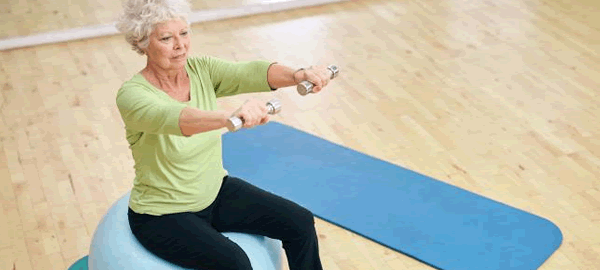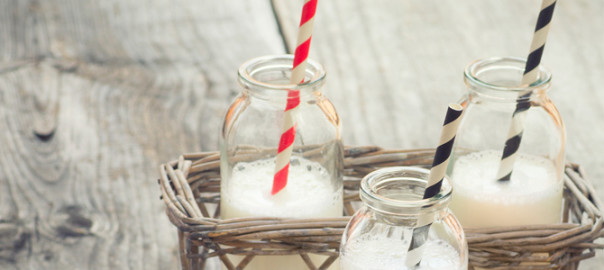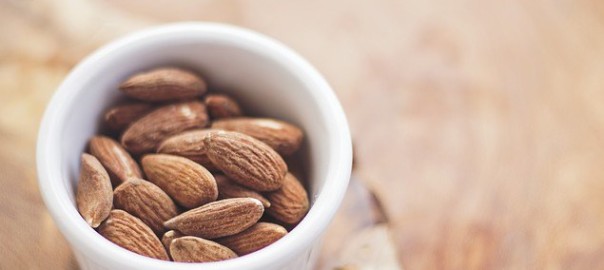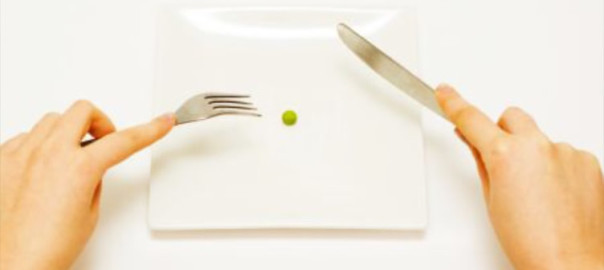
Aug, 2011
In our quest to find success and meaning in life, we strive hard in every possible way to excel in all aspects of our lives. This has become the main reason why people get very busy at home and at work. Sedentary lifestyles have been very common causing many health diseases and problems. With the changing lifestyles and work demands, one should seek for ways to stay fit and healthy. Here are a few ways to achieve them.
Will and discipline should be at the top of everything else. You need to make sure that you have enough dedication and you are willing to do every possible way to become healthy. This means you need to have the right motivation in order to succeed. Motivation should last for a lifetime, not just for a few weeks or months. Your ability to distinguish and choose good habits against the bad ones are very crucial as well. If you have been stuck to bad habits such as smoking, drinking, and other vices, undo them as early as possible.
Be active. Having a busy life is not an excuse for one to be less active. There are many other ways to stay active that does not require much of your time. Walking a few blocks to the office instead of taking the cab can help your endurance and exercise your lungs as well. You can also spend a few minutes jogging every morning around your estate or on a treadmill in the comforts of your home, before you get ready for work.
Enjoy your weekends. Weekend is a perfect time to forget the worries of work by indulging in active pastimes. You can enjoy your favorite outdoor activity such as soccer, swimming, volleyball, and other hobbies. Regular exercise is important in maintaining a healthy body and wellbeing.
Choose the right food. Having a healthy diet will help you fight against diseases and equip you with the proper energy required by the body. Eating too much fatty and calorie-rich food such as chocolates, burgers, fries, and ice cream can cause obesity. Processed and instant food including junk food, canned goods, and processed meats are not the right choices either. They are rich in sodium and oil that can cause lifestyle diseases such as hypertension, diabetes, and even cancer. Turn your focus to food that provides good benefits to your mind and body. A healthy diet is a well balanced diet. You can find professional help from doctors or dieticians in this area. But as a general rule, loading up with fruits and vegetables are preferred more than anything else because they are rich in essential vitamins and minerals. Whole grains and fiber rich choices are also very advisable because they help sweep away the toxins through a healthy digestion.
Because most of the jobs nowadays require people to stay long hours, there is a big tendency to embrace a sedentary lifestyle. But there is always a way to break out of the mold, if you choose to. Staying active and eating a well balanced diet coupled with your dedication and discipline can help you successfully achieve a healthy and fit lifestyle.
http://healthytimes.com.sg/category/c57-articles/c39-fitness/

